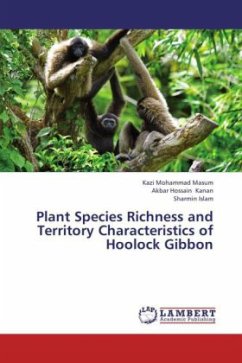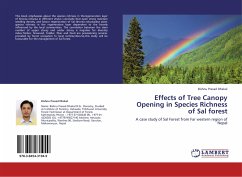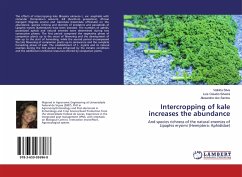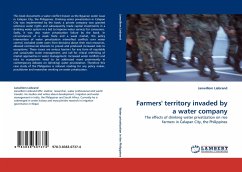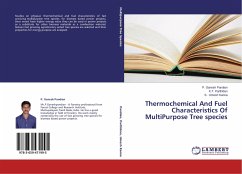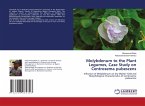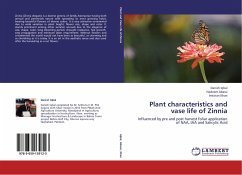Hoolock Gibbons (Hoolock hoolock) are socially monogamous and endangered small apes in the Indian subcontinent that hold a very important position in the ecology of tropical forests. The populations of Gibbons have undergone declines primarily due to habitat obliteration or alteration. The purpose of this study was to explore the role of plant species richness on habitat characteristics of endangered Hoolock hoolock in Lawachara National Park. This study concluded that a key habitat feature associated with the edible plant species richness for survival of Gibbons. The rapid destruction and alteration of habitat with exotic species will undoubtedly result in the extinction of Gibbons in Lawachara National Park. So it should be desired plantation with vital fruiting and close canopy sleeping trees in the habitat of Hoolock hoolock.
Bitte wählen Sie Ihr Anliegen aus.
Rechnungen
Retourenschein anfordern
Bestellstatus
Storno

